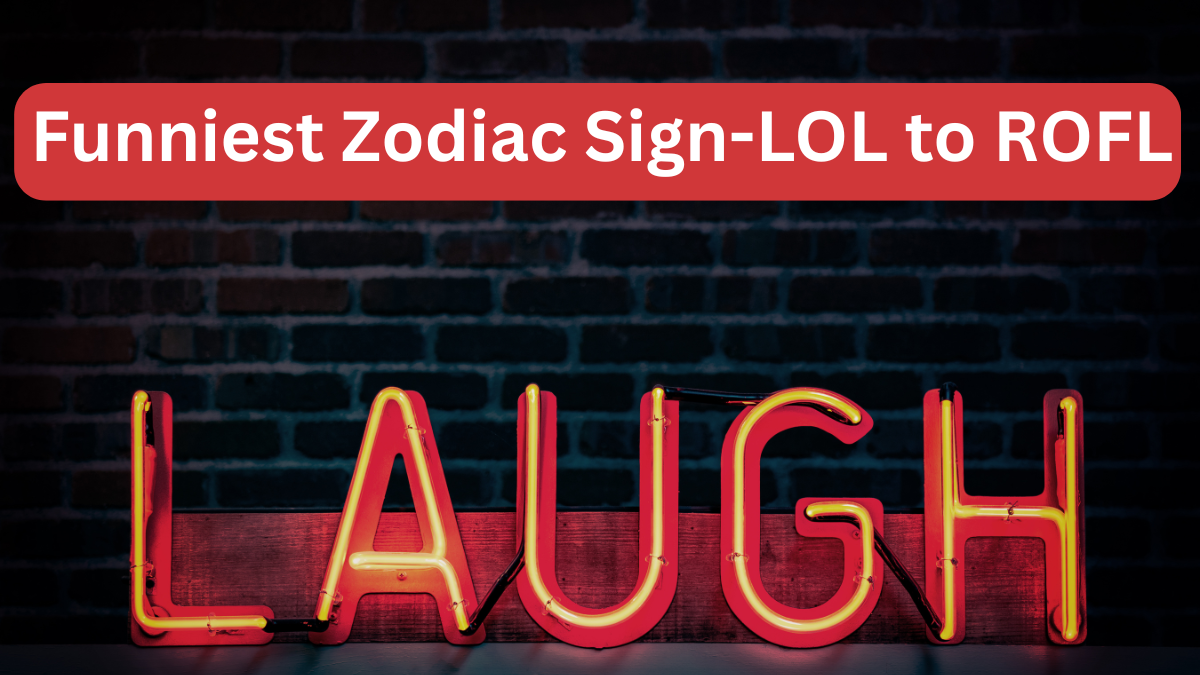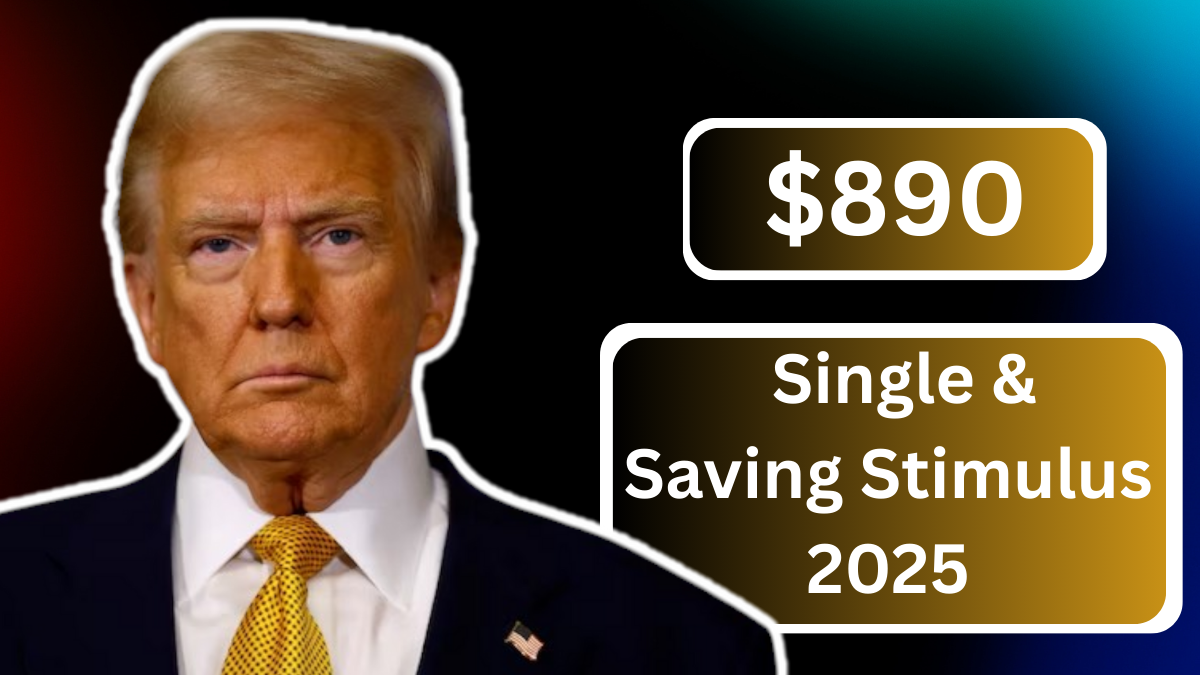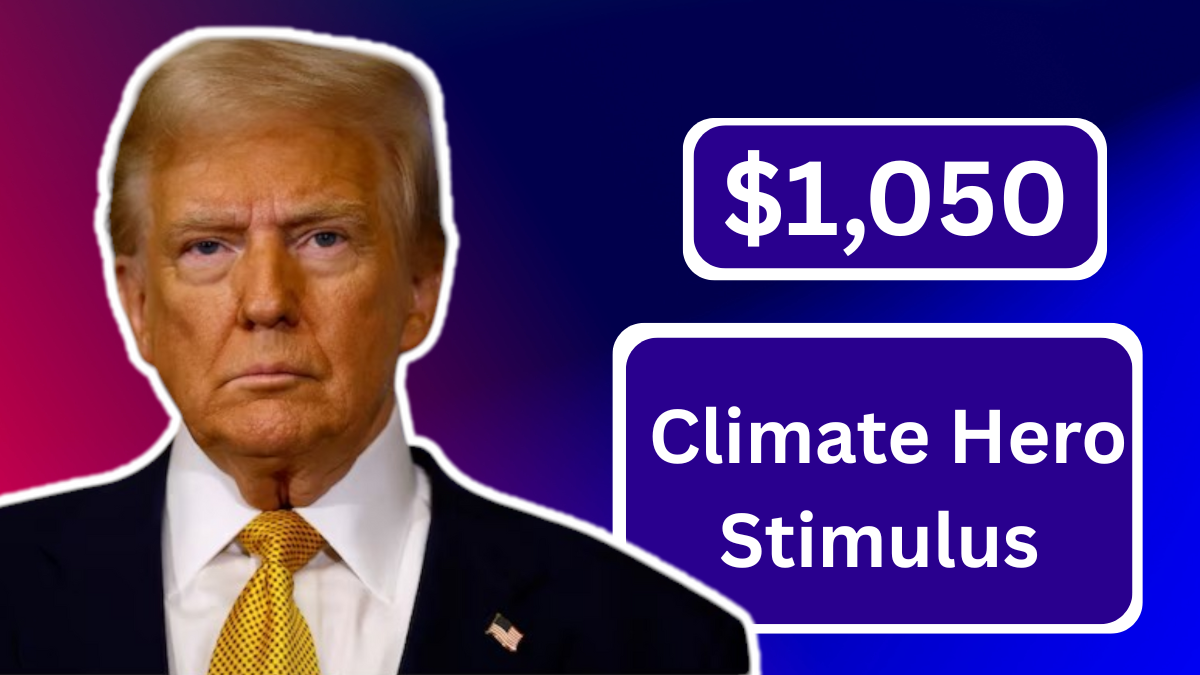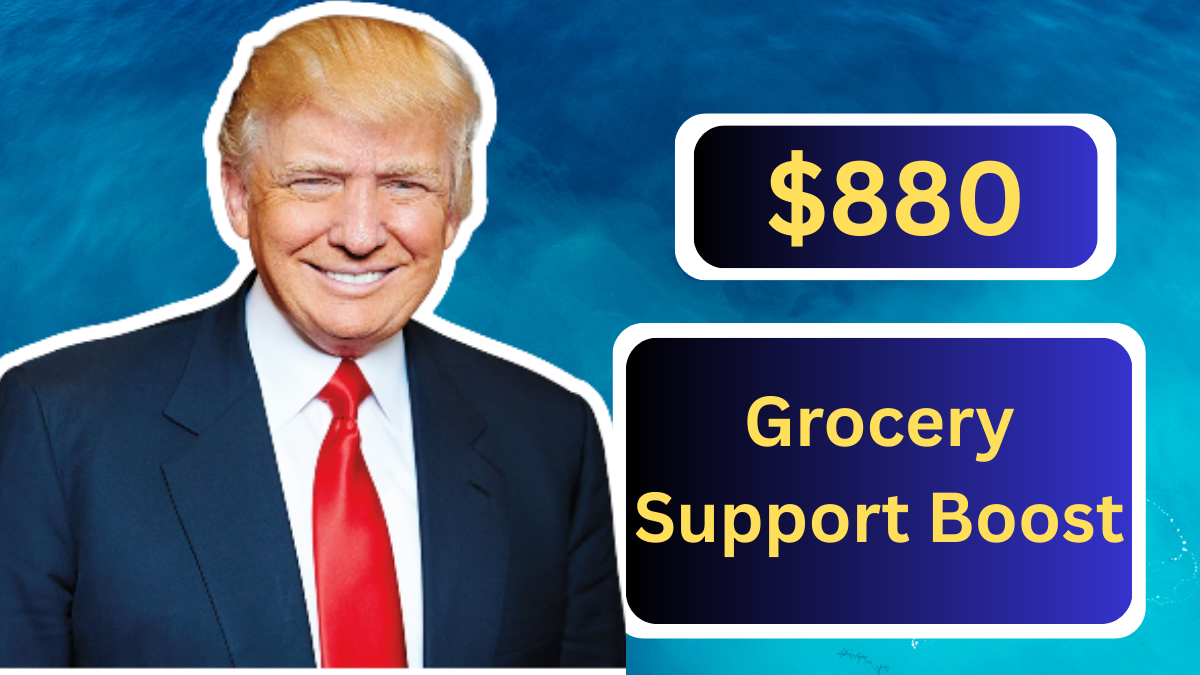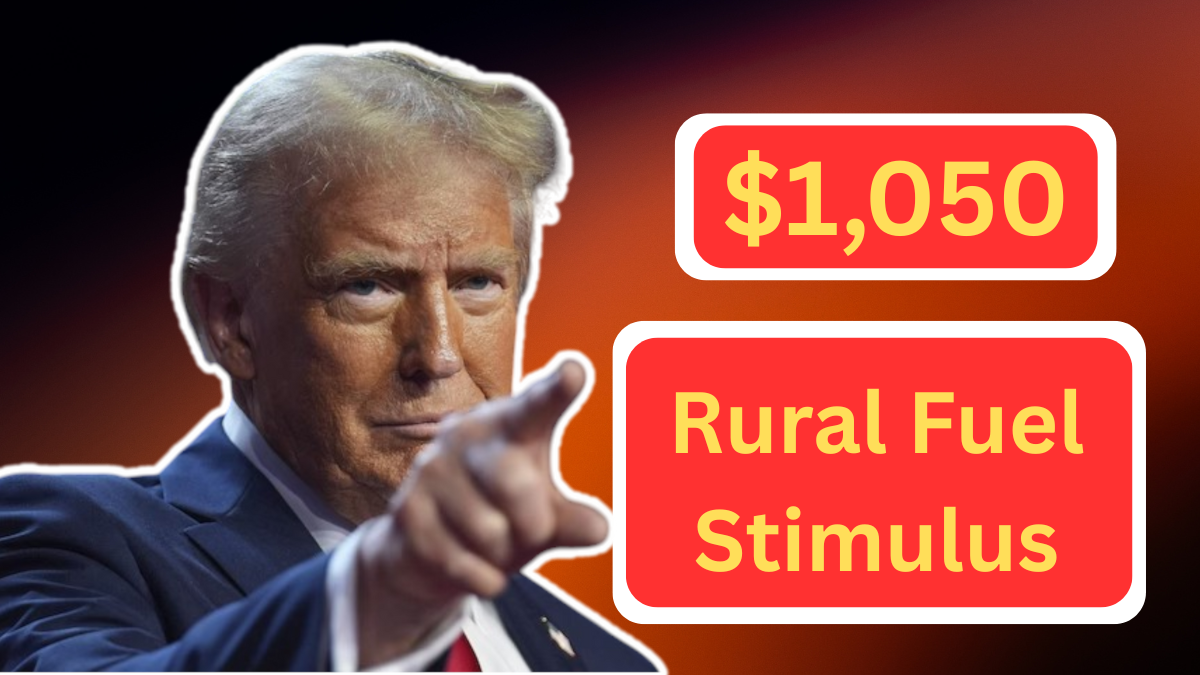Even though the federal government hasn’t sent out new stimulus checks in 2025, some U.S. states are still helping their residents with extra money. These state-level payments are called stimulus checks, rebates, or relief payments. They are meant to help people deal with rising prices and financial stress.
In April 2025, several states are continuing to send out these payments. If you live in one of these states, you may be eligible for a check—even if the national government isn’t sending anything new.
Let’s look at which states are sending money, who qualifies, and how to make sure you get your payment.
What Are State Stimulus Checks?
State stimulus checks are special payments that individual states give to their residents. These payments are not from the federal government but from the state’s own budget. They are usually given when a state has extra money or wants to help people during hard times, such as during high inflation, natural disasters, or job loss.
States Sending Out Stimulus Checks in April 2025
1. California
California is sending the final round of its Middle-Class Tax Refund. If you lived in California in 2020 and filed your taxes, you may still be eligible. Many families have already received payments, but some late payments are still being sent in April 2025.
Also, some cities in California are running programs that give monthly payments to low-income families, known as Guaranteed Income programs.
2. Colorado
Colorado is sending out TABOR refunds again this year. These are given when the state collects more tax money than it needs. Individuals could get around $800, while couples filing jointly might get $1,600. If you filed your 2023 tax return, you’re likely to get this refund in April or May 2025.
3. New Mexico
New Mexico is offering rebate payments to help people deal with higher prices. Single taxpayers may get around $500, and married couples can get up to $1,000. These payments are sent by direct deposit or check to people who filed their taxes on time.
4. Illinois
Illinois is providing a new round of Property Tax Rebates and Child Tax Credit bonuses. People who own a home and have a low or middle income can receive up to $500. Families with children may also receive bonus checks based on their tax returns.
5. New York
New York State is giving out special Inflation Relief Checks in April. These are going to people who qualify based on income and family size. If you qualify for the STAR property tax program or earned income credit, you may be getting a check soon.
6. Michigan
Michigan is expanding its Working Families Tax Credit in 2025. Families that qualify could receive over $550. This credit is given through your state tax refund, so make sure you file your taxes correctly.
7. Georgia (Proposed)
Georgia lawmakers have suggested a new stimulus plan. If passed, eligible residents may get $250 to $500. It’s not official yet, but it’s expected to be discussed this month.
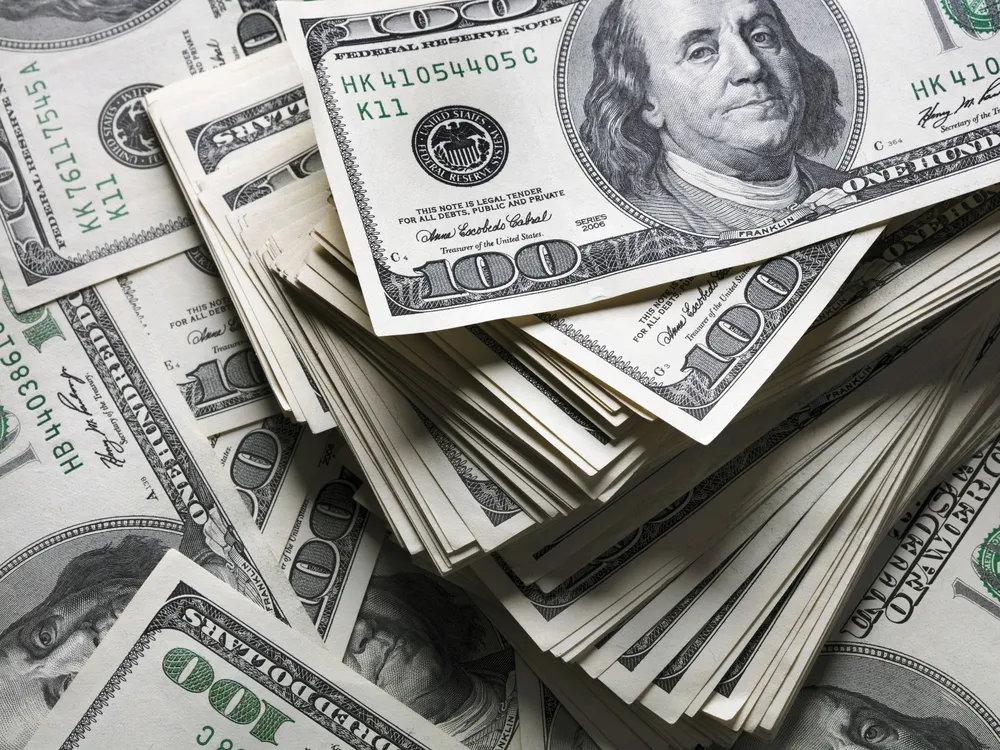
How to Know If You Qualify
To get a stimulus check from your state, you usually need to:
- Live in that state for a certain time.
- File your state taxes for 2023 or 2024.
- Earn below a certain income limit.
- Have children or own a home, depending on the program.
Each state has its own rules. Some states send checks automatically, while others may require you to apply or update your information.
How Are Payments Being Sent?
Payments are usually sent in one of two ways:
- Direct deposit into your bank account if you gave that info when filing taxes.
- Mailed checks to your home address.
If you haven’t received your payment yet, check your state’s tax department website or call their helpline.
What If You Didn’t File Taxes?
If you didn’t file taxes, you might not get your payment—even if you qualify. Many programs use tax returns to see if you’re eligible. Try to file your state taxes as soon as possible to claim your check.
Some programs also allow non-filers to apply manually. Check your state’s official information to find out.
Make sure your taxes are filed, your address and bank info are updated, and that you know your state’s eligibility rules. A few hundred dollars can make a big difference when you’re trying to keep up with bills and rising costs.
Keep checking your mail and bank account—you might have money coming soon!





